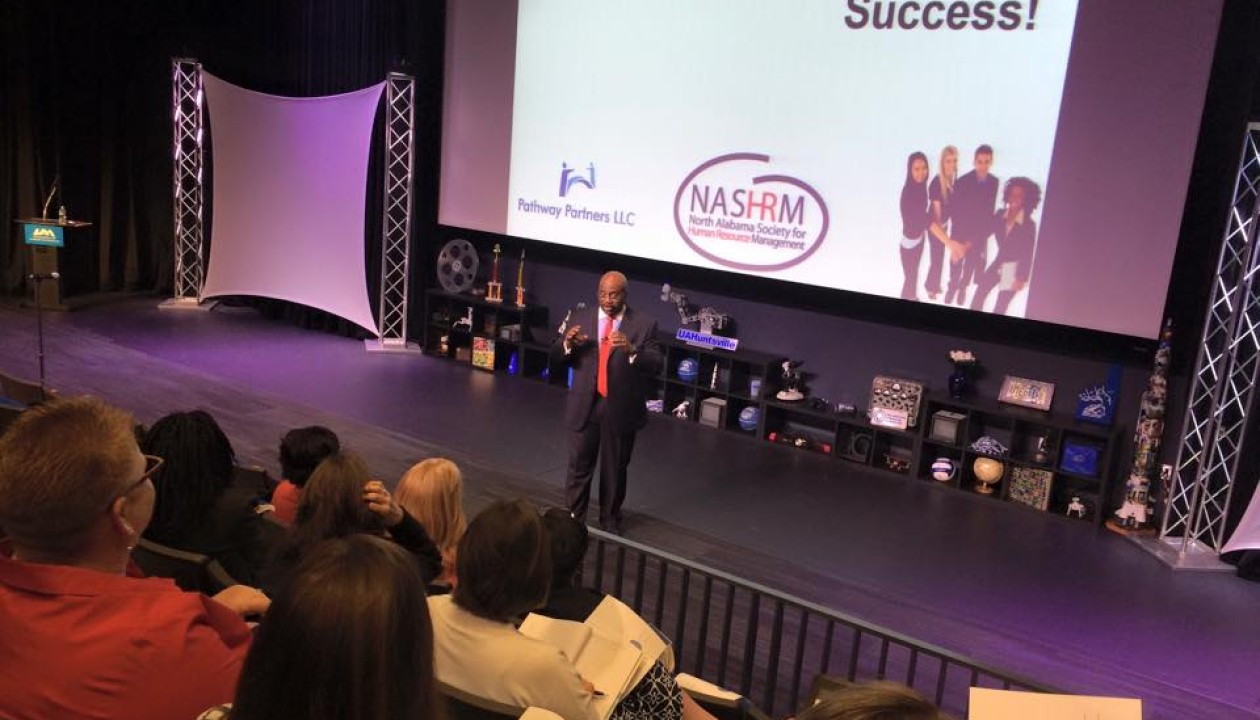
You could be happy at work following these simple steps
Are you looking for a career that will give you a sense of fulfillment, as well as a paycheck? You might possibly find your dream job through your current network or a job board.
However, you might have to put more thought into your search when you raise your expectations higher. A recent Gallup poll found that only about 13% of full-time employees consider their jobs meaningful. This data sheds light on why so many people are miserable at work. With that in mind, it is worth considering what tradeoffs you’re willing to make for a paycheck.
Experimenting with these unconventional job search methods can help you discover your dream job or expand your options.
The Volunteer Road:
1. Offer your services. Find an interesting charity and approach them with a proposal for how you can get involved. Focus on a specific project or ask them about their needs. You can pick a group you already support or contact a local clearinghouse.
2. Develop your skills. Use volunteering to add to your portfolio or establish experience in a new field. Your service hours can also help you develop ‘people’ skills, especially if you have little previous work experience.
3. Assume responsibility. Take your volunteer activities as seriously as any paid job. Follow through on your commitments and impress others with your professionalism.
4. Think long term. What if the nonprofit you choose has no immediate hiring plans? Be sure to stay in touch in case things change. You may also find even more valuable the network you build with staff members and other volunteers.
5.Be transparent. It is okay to let others know that you’re looking for paid work while you volunteer. That way they can keep you in mind if they hear of anything promising.
The Encore Career Road:
1. If you are an older worker with experience, embrace your age. You may have more flexibility now if your kids are grown and out of the house. While age discrimination is real in some organizations, there are plenty of places where your wisdom and experience will be an asset and greatly appreciated.
2. Do your research. If you are moving into a new field, make sure that you understand the requirements. Browse online and talk with experts. Ask about the income potential and whether you will need additional qualifications. Find someone that has ‘been there done that’ for guidance.
3. Leverage your strengths. Fortunately, many skills are transferable. Focus on how to build on your past achievements. Ask your current network contacts for feedback and referrals.
4.Continue learning. You can further your education without going back to school full time. Read books and industry publications. Sign up for courses online.
The Wide Net Road:
1.Help others. You can find job leads anywhere. However, you want to be sensitive to others when you are in a nonbusiness setting. If you focus on being of service, you are less likely to seem too pushy.
2. Strategize carefully. Be open to unusual opportunities without wasting time on tasks that provide little return. Track your activities so you can concentrate on your most effective options.
3.Brand yourself. Be who you really are. Authenticity will help you to communicate more successfully. You will increase your chances of finding a situation that aligns with your goals and dreams.
4.Practice and persevere. You may need to be patient when you are casting a wide net or using any unusual job search method. Your efforts will pay off if you are willing to take risks and overcome obstacles.
You will probably spend about one-third of your life at work. Why be miserable on a daily basis?
Being innovative about your career path will help you to make those hours more rewarding. In addition to using job boards and recruiters, try other, less conventional job search methods. For those who feel they are stuck in a job they absolutely hate, take action to make your life better!
Eric Kelly is a professional executive career and lifestyle coach with over thirty years of experience in corporate America. He has established management development systems in the US, Europe, South America, Africa, and the Middle East
